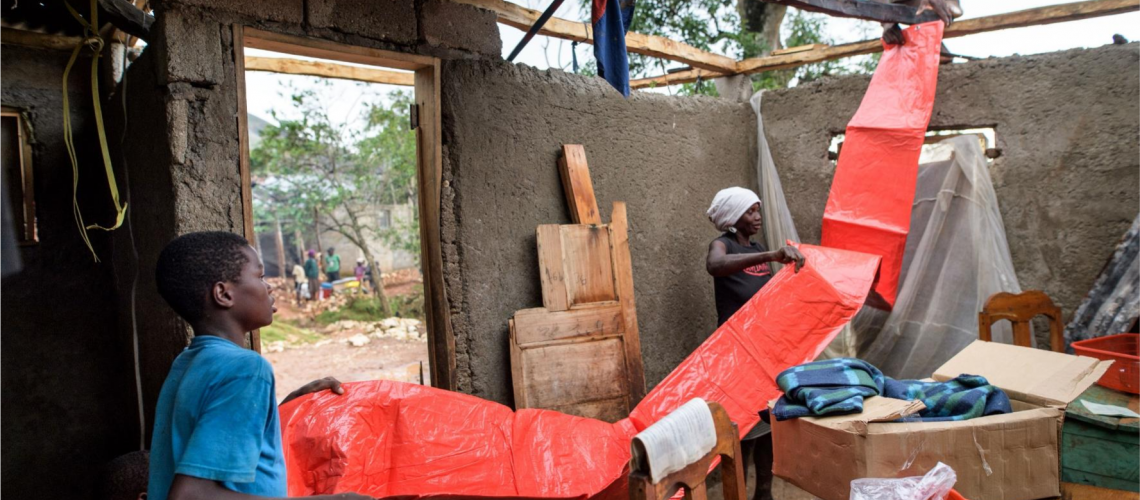
20 hours
Sphere in Practice
Cross-sectoral
Protection
English
Delivery Modality
MOOC
Online self-paced
Theme
Monitoring and Evaluation/Accountability Mechanisms
Accountability Processes
Needs Assessment and Analysis
Humanitarian Needs Analysis
Operational Capacity for Response
Emergency Response Procedures (SOP)
Risk-Informed Planning
Preparedness and Response Planning
Risk-informed Humanitarian Response Plans/Needs Overview
Audience
Civil Society & Community-Based Organizations
Field Level Professionals
Local Community
NDMO/Civil Protection
UN Staff
Agencies
OCHA
Certification
Yes
Last Updated
2021
Sphere in Practice is for anyone who wishes to learn about humanitarian standards in an interactive and engaging way. You can study at your own pace, completing all lessons in 8-10 hours in total, or attend a massive open online course (subject to availability).
Learning Objectives:
- explain how an organisation or individual can adopt the Sphere approach
- recognise the elements of a minimum standard
- distinguish the typical phases in the humanitarian programme cycle
- identify the key contextual factors when providing assistance during a crisis
- identify the value of information sharing and effective two-way communication with affected people
- recognise the value of active participation and of building on existing capacities in areas affected by disaster and conflict
- explain the importance of protection from sexual exploitation and abuse (PSEA)
- use the Sphere Handbook to analyse programmes to manage malnutrition and to support feeding of infants and young children
- explain the features of effective information sharing among stakeholders
- distinguish the characteristics of different types of assessments
- recognise the importance of disaggregating data and the benefits of working closely with other organisations
- define the components of a well-designed response
- define accountability to affected populations (AAP)
- define different kinds of resilience
- give examples of how resilience can be built during recovery programmes
- discuss the importance of monitoring and evaluating humanitarian projects
- briefly discuss the connections between the humanitarian and development sectors
- promote resilience and implement effective monitoring and evaluation processes

